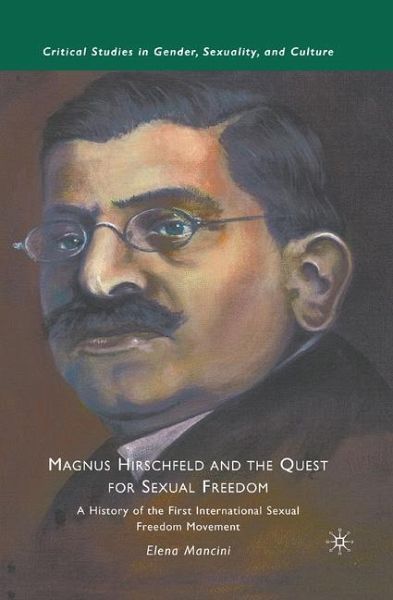"Physician, sexologist, homosexual activist, German, Jew, and what he called, a world citizen, Magnus Hirschfeld was a fascinating and complex character, one who has earned an exalted place among crusaders for tolerance and human freedom. A champion of the decriminalization of homosexuality, promoter of sexual freedom, and supporter of the women s movement, Hirschfeld rejected the dual sex system as well as prevailing popular and scientific notions of homosexuality as a pathological expression of deviance. Examining Hirschfeld the scientist, political activist, and cultural critic, Mancini is to be congratulated for her thorough, engaged, and engaging study of one of twentieth-century Europe s great humanists." - John M. Efron, Koret Professor of Jewish History, University of California-Berkeley
"Readable and useful, this new intellectual biography of the German sexologist Magnus Hirschfeld adds greatly to our understanding of the cultural politics of sex in Germany from the turn of the century to the collapse of the Weimar Republic." - Sander L. Gilman, Director, Program in Psychoanalysis, Health Sciences Humanities; Distinguished Professor of the Liberal Arts and Sciences; and Professor of Psychiatry, Emory University














